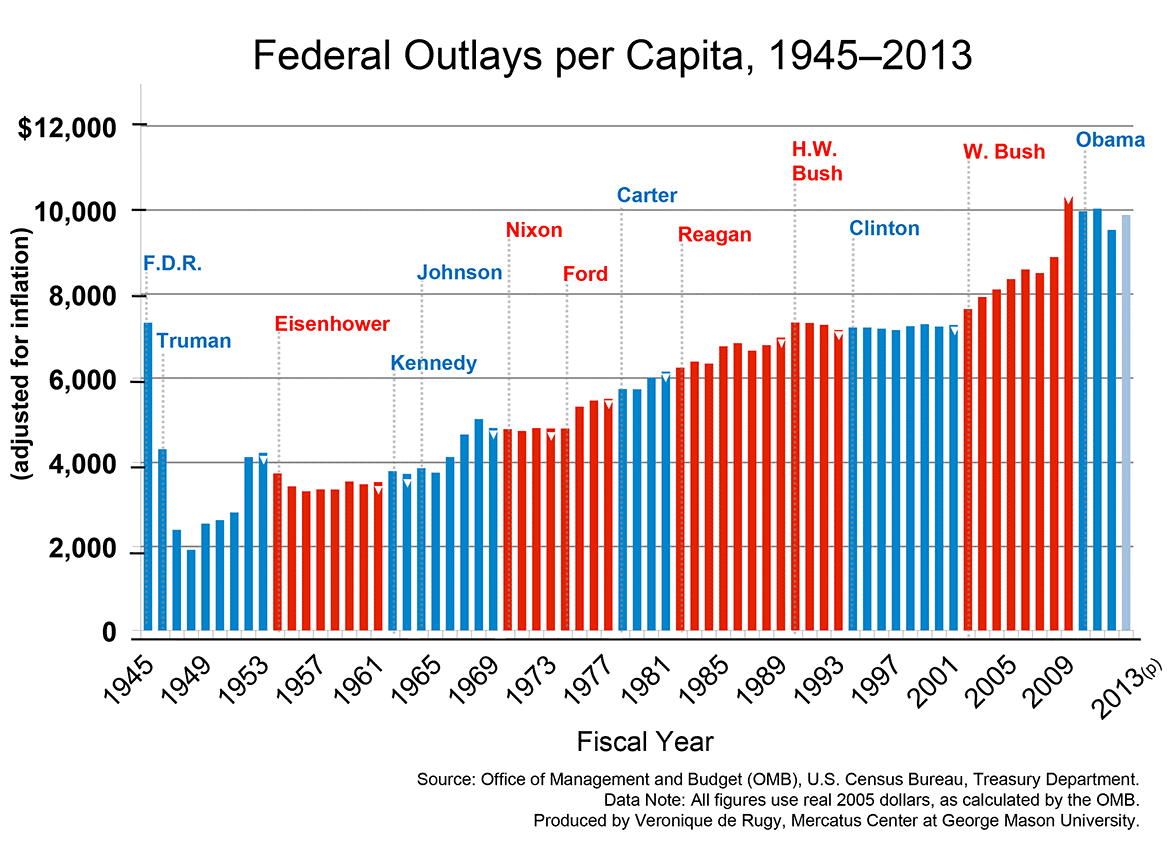Breaking Free From Information Fatigue Syndrome

Podcast: Play in new window | Download
Let’s be blunt—your mind is under attack. Not just by algorithms or platforms, but with encouragement from state actors, media networks, and other interests with something to gain by using us. Code. Curated chaos.
The attention economy and psyop campaigns thrive on outrage, fear, and distraction, and you’re the product. Every angry scroll, every anxious click, every late-night doom-dive, every bit of influence gained over you? That’s more money and control in someone else’s pocket.
And the cost to you? Clarity. Sanity. The ability to focus on what matters most.
That feeling of overwhelm, anxiety, and being worn down. The never-ending spin and fire from legacy media, politicians, and social media? That has a name: information fatigue syndrome. It’s not just burnout—it’s a systemic overload designed to keep you numb, reactive, and focused on the algorithmic puppet show.
In this article [EPISODE], I’m going to cut through that. This will provide a path to reclaim your time, attention, and peace of mind—without having to go off the grid. Let’s talk about how to break free from the chaos—and get your mind a rest.
TL;DR: Information fatigue is real. Learn how to stay informed without burnout by taking control of your attention and limiting algorithmic overload.
Quick Look at What You’ll Learn
The Real Problem: The Algorithm Wants You Angry
The truth is, our attention is being harvested. Social media, news outlets, and entertainment platforms are all designed to keep you engaged—not informed, not calm, not balanced—just engaged. They make money from your scrolling past ads. And what keeps people glued to a screen and scrolling? Outrage. Drama. Fear. That’s what the algorithm feeds you because emotion—sympathetic nervous system activating emotion.
You may have noticed it: unless you’re watching dog and cat videos, the longer you scroll, the worse you feel. You’re not alone. That foggy, exhausted, low-grade, not very good feeling hummmm you carry around? There’s a name for it—information fatigue syndrome.
Information Fatigue Syndrome
Information Fatigue Syndrome is not just burnout. It’s a reaction to nonstop stimulation and emotional manipulation. Every “breaking” headline, every notification buzz, every polarizing take is designed to stir you up, not help you think. Quite the opposite, it’s designed to have your lizard brain overpower your rational brain, and take you on an out-of-control ride.
This isn’t about being weak. It’s about being targeted with a psychological operation (psyop) to make all of us perform like circus animals. These systems hijack your nervous system and flood your brain with stress signals that chip away at your clarity, decision-making, and control. Left unchecked, it continues to build.
How It Affects You
This stuff doesn’t hit all at once. It builds slowly. A little tension here, a missed bit of sleep there. After a while, it becomes your new normal—and that’s when it’s dangerous. Below are some of the most common ways this kind of overload shows up in everyday life. You might see one or two. You might see a bunch of them.
- Anxiety about missing something: You feel like you can’t take a break—because if you do, you might miss something urgent or important.
- Decision paralysis: With too much input, your brain stalls out. You can’t focus or make clear choices, and instead you find yourself endlessly scrolling.
- Hypervigilance: Your nervous system is stuck on high alert, like something bad is about to happen. You’re bracing for impact even when there’s nothing in front of you.
- Shortened attention span: You bounce from one thing to the next—tabs, apps, tasks—and can’t seem to land or finish what you start.
- Irritability and strained relationships: That pent-up stress leaks out. You’re more likely to snap at people, or withdraw completely.
- Disrupted sleep and poor rest: You try to sleep, but your mind won’t shut off. Or you wake up and check your phone in the middle of the night “just in case.”
- Mental overload and emotional numbness: You know a lot of facts, but none of it feels useful. You feel flat. Burned out. Like you’re mentally full but emotionally checked out.
- Compulsive scrolling: You check the news or social media on autopilot—even when you know it’s making you feel worse. Your brain treats it like a threat you have to keep an eye on.
This is all real and has a direct impact on people. If you’re saying, “yeah, I know it’s real!” That’s a system doing exactly what it was built to do.
Reframing It Through Mental Clarity
Let’s call this what it is: a hijacking. Your attention—what you choose to notice, react to, or focus on—is your most valuable asset. It shapes what you care about, what you ignore, and how you show up in your daily life. If you give that away to the loudest voice, the most clickable headline, or the flashiest thumbnail, you’re no longer steering your own ship.
Your attention is your most valuable asset. If you lose it, you lose your edge.
The more bandwidth you burn on noise, the less clarity you have for reality. And clarity is what gives you the power to be proactive instead of reactive. To see what’s actually going on, versus what others want you to see.
And in times like these, your sympathetic lizard brain is not the best place to be.
Tied to this mindset are a few key principles from preparedness:
- When your mental bandwidth is spent on junk input, you’re not making solid decisions—you’re just bouncing between stressors.
- Reclaiming clarity enables you to distinguish between most likely threats and priorities rather than the noise and manipulation.
This isn’t about cutting yourself off from the world. It’s about taking control of how you engage with it.
Tips to Beat Overwhelm
Here are some practical actions you can take to reduce the noise and take back control of your attention. You don’t need to do them all—start with what feels doable, and build from there:
- Set Info Intake Hours: Don’t leave the news running in the background all day. Pick a few times (morning, midday, evening) and limit your exposure. Treat news like caffeine—enough to keep you alert, but too much will wreck your system.
- Curate Your Sources: Use specific feeds or tools like Alerts or Feedly to get information on your terms. Don’t let algorithms decide what you see.
- One-Click Filters: Use mute and block features generously. If a person, platform, or topic reliably stresses you out, it’s okay to silence it.
- Ask “What do I need to know to act?”: If there’s no clear action or decision tied to the information, it’s probably junk. You’re not missing out—you’re filtering out.
- Practice News Fasting: Take one or two days each week and step away from the news entirely. Take the weekend off to unplug. If something truly major happens, you’ll hear about it. Let your brain reset.
- Keep a “Mental Debrief Journal”: When something sticks with you—an article, a headline, a video—write down what it triggered and how. It’s often more about how it made you feel than what it said.
- Lean Into Community: Don’t carry the weight alone. Set up a notification network with a few trusted individuals to receive breaking news and avoid sharing unnecessary information.
The Bottom Line
The goal isn’t to stay plugged into everything. It’s to stay plugged into what matters. The people you care about. The work that gives you purpose. The information that’s actually worth acting on. Our amazing world.
The rest? You can let it go. You don’t have to fight every fight, carry every headline, or pay attention to every second of every crisis. That’s not good preparedness—that’s exhaustion.
Control your input. Reclaim your mind. Protect your focus. Because the moment someone else controls your attention, the sooner you’ll be doing what’s in their best interest, not yours.
Additional Resources
Frequently Asked Questions
What is information fatigue syndrome?
Information fatigue syndrome describes the mental and emotional exhaustion caused by constant exposure to overwhelming or distressing information. It’s not a formal diagnosis, but it reflects real symptoms like anxiety, brain fog, and burnout.
How do algorithms contribute to information overload?
Algorithms are designed to keep you engaged by feeding you emotionally charged content—especially outrage and fear—because that content keeps you scrolling longer. More engagement means more ad revenue for the platforms.
Why do I feel anxious after reading the news?
The news cycle thrives on urgency and threat. It constantly triggers your stress response, even when there’s nothing you can actually do about it. That steady drip of threat signals builds chronic anxiety.
How can I stay informed without getting overwhelmed?
Limit your exposure, choose trustworthy sources, and focus only on information tied to action. Try news fasting, mute toxic topics, and rely on people you trust for actual alerts that matter.
Is it okay to unplug from the news sometimes?
Absolutely. Stepping away from the news—even for a day or two—can give your nervous system the reset it desperately needs. Staying informed doesn’t mean staying wired.
📌 Next StepsTake a breath.
- Delete one app.
- Block one toxic source.
- Choose one thing that makes you feel calm and capable, and do that instead.
Leave a comment: What helps you stay grounded?
Read the full article here









